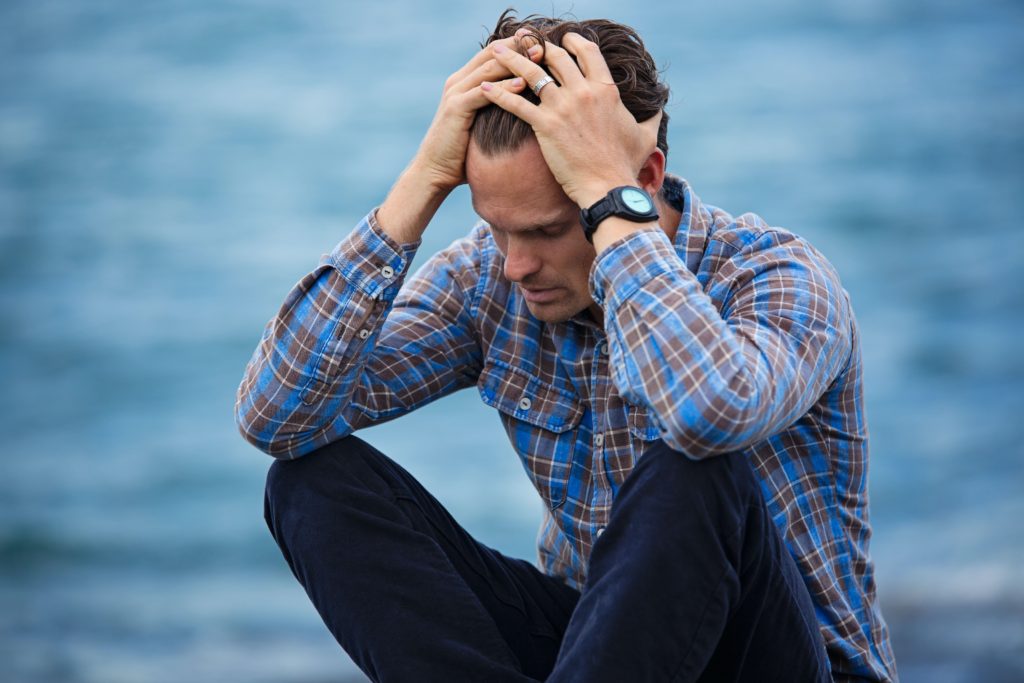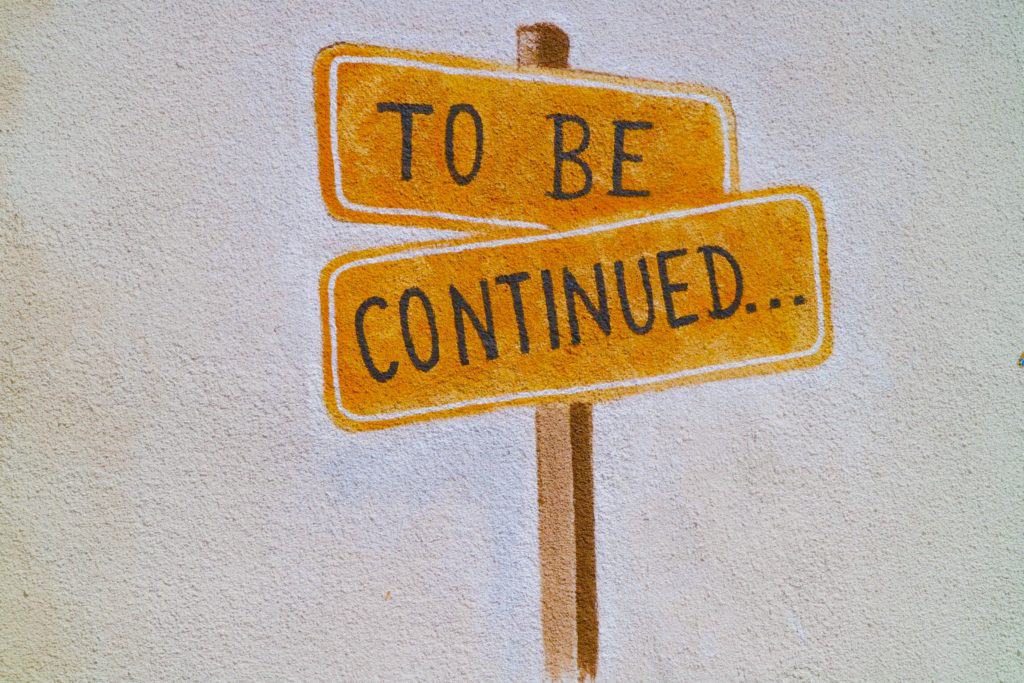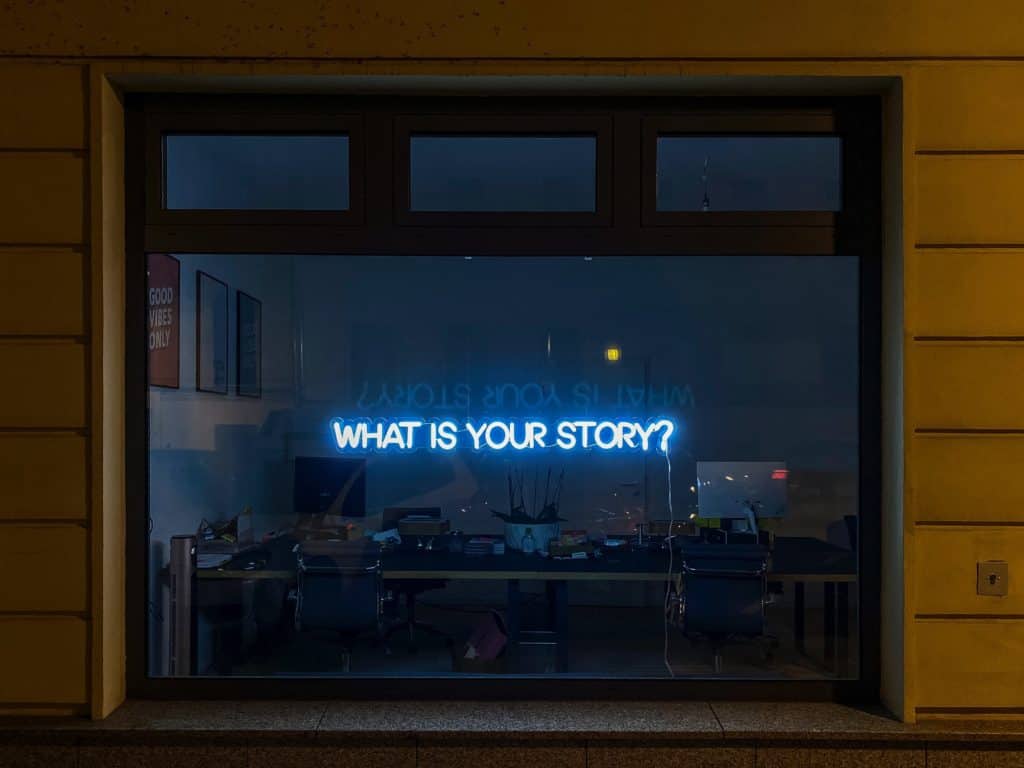I have been a part of the Eating Disorders Queensland’s incredible “Lived Experience Speaker Program” for a few years now and within this I have had the opportunity and absolute privilege to speak with and meet many different audiences about my experience living with and recovering from an eating disorder. Including audiences of people currently living with eating disorders and their families to nurses, allied health and doctors.
Having shared insights from my story (“story” is a very watered down way of efficiently describing the 15 excruciating and heart wrenching years I lived with anorexia nervosa) hundreds if not thousands of times now I’ve noticed people ask some pretty great questions.
Questions I’m sure others may be interested in the answers to.
Questions maybe you are interested in the answers to.
The Question

One of the questions I was asked at the most recent speaking event I was a part of which was a training day for doctors and allied health at a hospital in a city near where I live was “why did you decide to start sharing your story?”
To tell you the truth it’s become second nature to me to share my story.
Which means I know so well in my heart why I share my story that I don’t need to remind myself and connect to my reason for choosing to do so each time I do share parts of my story.
Sharing my story isn’t something I am intimidated by or even question doing. Sometimes I feel tears come to my eyes when I am remembering the unfair ways I or my mum was treated or spoken to by health professionals during those years but it’s more like I’m sad or mad on behalf of someone else. Who I am today is so far removed from that fragile and confused Bonnie in the hospital bed that even though it was such a long period of my life it often feels like it happened to someone else (and in many ways it did).
However, this question from an audience member brough the “why” I’m doing what I’m doing to my awareness. It made me stop and think about it and it was a nice reminder about the truth behind something I’ve become so used to.
The answer is important.
Which is why I think it’s worth sharing.
Background to the Answer (And All the Reasons to Not Share My Story)

When I lived with anorexia nervosa there was no way, no way in hell, I was sharing my story.
ABSOLUTELY. NO. WAY.
Why?
A very simple answer.
The shame, self-judgement and blame stopped me.
When I lived with anorexia nervosa it wasn’t my “story”.
It wasn’t something that was happening to me.
It was my life.
The massive sense of shame I held around living with an eating disorder meant I was unable to talk about it.
I despised myself for being so stupid, so weak, so messed up, so broken.
I hated myself for not being stronger, braver, better and for not being able to recover and be “normal”.
Today I feel none of that.
Today sharing about the time, I lived with anorexia nervosa is no more emotionally impactful to me as is sharing about that time I broke my arm when I was in grade 3.
In hindsight they’re not all that different.
Both were completely out of my control (actually if anything breaking my arm was a little more within my control than was developing an eating disorder, I was a wild child).
Both required specific treatment to heal from. Fortunately, the physical treatment for my arm was well known (a cast for 6 weeks, which at 8 years old is an eternity I might add) and offered immediately. Unfortunately, the treatment for the eating disorder was far less certain. I tried all sorts (what felt like everything) and I didn’t find the treatment that worked for me until after almost 15 years of living with an eating disorder.
Where the main difference was though was that I was never shamed for breaking my arm, for the amount of time it took to heal and for all the things I couldn’t do while it healed.
I was shamed and judged and treated incredibly poorly for falling ill with an eating disorder, for the time I lived with an eating disorder and for all the things I couldn’t do while I learnt how to heal.
I do not think this sense of shame is unique to me.
In fact, out of the thousands of people I’ve worked with since I’ve been working with clients in recovery from eating disorders, I am yet to meet someone who hasn’t experienced shame, blame or guilt for the illness.
And that breaks my heart.
Why?
Because it is all so unnecessary.
Because it doesn’t have to be that way.
The shame, the blame and the guilt all that get in the way of the work that needs to be done to recover from an eating disorder.
It was never your fault that you developed an eating disorder.
No one chooses to develop an eating disorder.
No one chooses to live with an eating disorder.
It’s not a choice.
It feels like the only option and an option that is the only option is not a choice (If you want further clarification around the causes of an eating disorder have a read of one of my earlier blogs “Anorexia is Genetic, So What Do I Do Now?”).
Until we treat people as if this is true (because it is) we are harming, hindering or downright preventing their recovery.
So, the answer to the question “Why did you decide to start sharing your story?” is threefold and it is…
The Answer

I wanted others still suffering to know what was possible.
First and foremost, I wanted those still living with eating disorders to know full recovery is possible.
That no matter how long you’ve been sick, no matter the diagnosis you’ve been given or what you’ve been told up until this point recovery is possible for you.
Not inevitable,
not guaranteed
but possible.
I wasn’t told that. I was told the opposite and plenty of people living with eating disorders are not told that.
Plenty of people living with eating disorders are told the opposite.
They’re fed a lie (as well intentioned as it may be) about the best they can aim for is maintaining and managing the eating disorder for the rest of their lives.
This isn’t true.
It is true that plenty of people have lived and died with eating disorders.
It is equally true that many people have recovered from eating disorders.
Both are possibilities.
I simply want people to see more examples of the later.
I want health professionals and people in positions of power to treat well and informed.
This is one that is near and dear to my heart due to both my nothing short of horrific personal experience of going through 15 years of the recommended gold-standard medical treatment as well as because of the heartbreaking stories I hear from my clients, their families and carers on the daily in my private practice.
It is exceptionally hard for a health professional, even for me who has lived 15 years with the diagnosis of anorexia nervosa, to understand why on earth this person in front of you is doing what they’re doing.
I cannot imagine what it’s like to try to understand from the outside and had I never lived with anorexia nervosa I hazard a guess it would be next to impossible to comprehend.
I also know that often health professionals, especially hospital staff are seeing someone present with an eating disorder at points in time where they are absolutely in the grips and deepest depths of the eating disorder. Which means they are illogical, irrational, delusional and can appear so physically sick it can be hard to conceive that this person could one day be a healthy, happy and fully functioning human being.
I am sure there were times when health professionals looked at me and thought I was broken beyond repair or incurable. I mean I’m not even speculating. I was told this. More than once.
There is a notion that treatment for an eating disorder needs to be somewhat traumatic by definition. I do not agree. Which is why being a part of assisting health professionals and people in positions to treat to understand what an eating disorder really is and how to treat in a way that is useful to the patient is of immense importance to me.
I am more than happy to be the face on the other side of the hospital bed showing and proving recovery is possible.
Because eating disorders are curable.
Please, let’s start treating them as such.
I want to remove the shame and stigma of living with an eating disorder.
This ties into the point above because what gets in the way of effective and successful treatment and therefore people’s full recoveries and the chance at a life is all too often the shame and stigma that goes with living with an eating disorder.
To live in a world where people developed eating disorders and got treatment for those eating disorders (just as smoothly as they would for a broken arm) minus the often years of shame and stigma that either prevents them seeking treatment or from treatment being useful is my absolute dream.
I believe it can be this way.
That is why I share my story.
I want people to know, to really know what an eating disorder is (and what it’s not).
Because I didn’t know.
Even when I had lived with anorexia nervosa for multiple years, I didn’t really identify with having anorexia nervosa.
I know now that this is because I was simply because I was misinformed about what anorexia nervosa was.
I was taught anorexia nervosa was intentional dieting with a desire to lose weight.
None of which I had ever tried to do.
None of which is true.
I was taught anorexia nervosa was vein and selfish and stupid.
None of which is true.
And I see my own clients and their families and loved ones trying to come to terms with the diagnosis of anorexia nervosa and struggling or flat out refusing to identify with it because they too have been told the same (directly or through being treated as if it is true).
And if it was true, if that’s what anorexia nervosa was I’d not be giving any of the people I work with that label because not one meets that criteria.
I want people to know, to really know and believe that there is no shame in developing an eating disorder.
I want people to know, to really know and believe that there is no shame in being stuck and feeling unable to recover from an eating disorder.
I want people to know, to really know and believe that just because they haven’t recovered yet it’s not a reflection of their not being good enough, smart enough, motivated enough or worthy of recovery or a good life or any other bulls*it.
All those layers just get in the way of recovery.
And they are entirely unnecessary.
Even the question of “why did you choose to start sharing your story?” is drenched in the unspoken (and often spoken) admiration or surprise that it is somehow brave to do so.
It’s not.
It’s not brave to share these things. At least I believe it shouldn’t be because it wouldn’t be if we didn’t hold so much stigma and judgement towards eating disorders in the first place.
And that is why I share.
To contribute to breaking that stigma.
So, it doesn’t have to require bravery to share.
So, people can understand that it’s not brave.
It’s just a thing that happened to me, just like the time I broke my arm when I was in grade 3.
They are both things that unfortunately happened to me.
Neither more preventable than the other.
Neither did I choose more than the other.
Summary

So, yes, I share all about the years I lived with anorexia nervosa (things I never imagined I would say out loud to another human being let alone to audiences of hundreds) but the truth is a 1-2hour speaking event will never capture the depth of what it means to live with an eating disorder.
However, it does, at least it is my hope that it does, open the door for easier conversations around eating disorders, better treatment experiences for those living with eating disorders and their families and what I really care about prevention and faster recovery!
If we all really understood what an eating disorder is there wouldn’t be a need to wonder what makes someone “brave” enough to share their story. After all no one has ever called me brave for choosing to share about the time I broke my arm when I was in grade 3.
So, yes, I share all about the years I lived with anorexia nervosa and the truth is the eating disorder is not nor ever was the most important or interesting thing about me.
And it is not nor ever will be the most important or interesting thing about you.
You may not have chosen this part of your story, but your life can go on.
This can all be just a chapter…
With my whole heart I hope you found this information useful and inspiring.

Become Great. Live Great.
Bonnie.




1 thought on “Why Did I Decide to Start Sharing My Story? (About Living with and Recovering from Anorexia Nervosa)”
Hey. Thanks for the great articleread! Lovelike to read more about this niche!